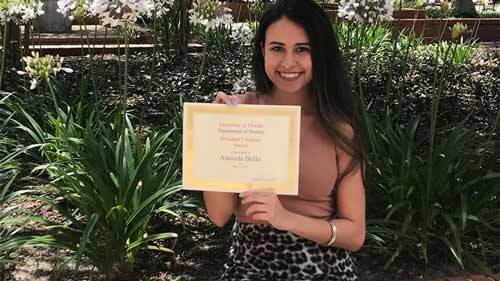
Do you think IELTS Listening is tough? Want some useful information on cracking it? I know listening can be a tough skill for some people, but do you want to hear the good news? You’ve come across this article in search of some helpful advice on improving your IELTS Listening score. Well, guess what – we have great news! There are all sorts of ways that will help raise your scores with just a few simple steps taken each time; you will see it doesn’t take long at all before there is a visible improvement in your IELTS scores.
So, how can you quickly increase your score in Listening and ensure you ace this section? Here are some useful tips that will help:
IELTS Listening Tips: Let’s Crack It!
1. Start Listening to English Language Clips
Listening is something we all do every day, but we might not think about making an effort to improve our skills. One of the easiest things we can do to get better at listening for IELTS is just listening! Keep a radio or playlist on when you’re walking to work/class. Turn the subtitles option on when watching movies, and use your phone’s dictation software instead of typing texts/emails. Have a listen to music in English, and don’t be afraid to make mistakes!
2. Learn ‘Extreme’ Vocabulary
When it comes to IELTS listening, the words you know are not always enough. You need to know how extreme some words can get with pronunciation.
Example: Some people pronounce ‘frequent’ like ‘frequinte’!
How prefixes/suffixes change the meaning of certain words, and so on. Keep your ears open – you never know when an ‘extreme’ word or phrase will turn up! The more extreme phrases you understand correctly, the better your score will be in Listening.
3. Build Your Concentration
One of the most important tips is to learn how to build your concentration. Almost everything post this will become easier for you. What you can do is: Listen to the audio and read at the same time, or listen to the audio and do any other activity along with it.
Listening is one such module that required you to do three activities together – listen to the audio, find the answer and note down the answer (without missing out on the audio clip). This practice will help you get better!
4. How to Work on Multiple Choice Questions
It gets quite impossible to listen, concentrate, and find answers in the audio – all at the same time! To make it easier to listen, try focusing on what you’re listening to before looking at the options. This will allow your full attention and place your focus entirely onto hearing rather than reading or remembering them as well!
Before you look at your options, rephrase the question to simplify it for yourself. This will help focus on listening while avoiding any distractions from reading through each option written below it – A, B or C.
Example: The most widespread disease in the world is due to:
- Dirtiness and unhygienic activities
- Water-borne infections
- Air pollution from factories and industrialists
Here, the audio talks about the most widespread disease. To simplify it, you can rephrase it to:
What causes the most widespread disease?
By doing this, you need not refer to options any longer and just focus on searching for the right word. Focus on the question while carefully listening to the most relevant answer.
5. Listen for The Right Information
Listening is tough because we cannot predict what we need to listen for – we just have to keep our ears open. Concentrate on finding the right answers and don’t worry, it will be there! So, be prepared when it’s falling closer to the answer to the given question! In IELTS listening, not every piece of information is important – some things are simply there as background knowledge. Make sure that if you hear something, it’s relevant!
6. Spelling also Matters
In the IELTS listening test, sometimes words may be spelled differently from how they sound
Example: Balloon and Ballon
If you hear the answer, note it down, and don’t spell it correctly, the answer will be incorrect. The task is about listening but it is equally important to transfer the correct spelling as well.
Learning how to break down words into smaller bits is the key to solving this problem – if you can do that, then spelling becomes much easier.
Let’s take the same example:
Balloon is spelled as Bal/lo/on
7. Look for Words That Sound The Same
When I was preparing for my IELTS exam, knowing the words ‘rose’ and ‘grow’ wasn’t enough. I needed to know ‘rowed’ and ‘glowed’ too because they sound the same. This kind of word can confuse you at times and make your task a bit difficult. But if you listen carefully and recheck the question, you will understand the word was not meant for this question. So, keep on listening. You can answer questions much more quickly and easily!
Example: The road where Mr. Riley was walking had __ on it.
- water Roses
- water Hoses
- Bows
8. Keep Moving On – Don’t Get Stuck
While it’s tempting to stick with the answer, you are working on, you should always move on and read the next question. This way if there are any chain reactions caused by missing multiple answers in one section, you can avoid it from the beginning itself!
Don’t make this mistake. Don’t try to keep finding the answer you already missed. Read the next question and concentrate on the audio. Answer that. Otherwise, you may end up missing a couple of questions. Missing one question won’t hurt, but missing multiple questions will hurt you really bad!
Conclusion
There are also loads of apps and websites to help you learn new words. IELTS Tutorials is a powerful website that provides exposure in the test format, question types, as well as IELTS listening practice tests. Make sure you get plenty of these so that you can develop skills while increasing your scores on this important exam.




